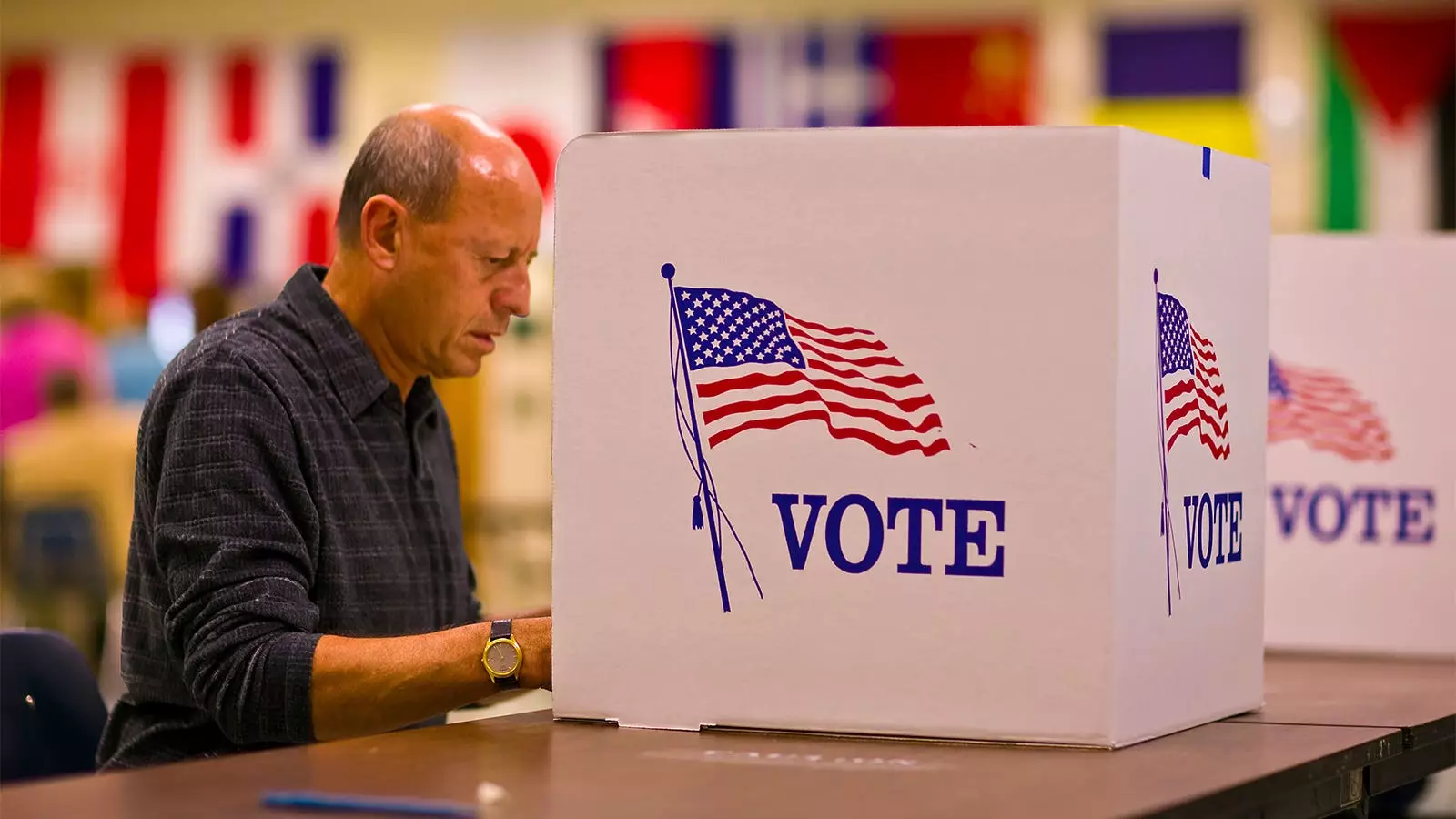Navigating the complexities of modern life can often drown out the essential values that define our humanity. As a hospice social worker and death doula, my extensive experience has exposed me to many poignant lessons shared by those nearing the end of their journey. Throughout my time working with dying individuals across diverse backgrounds, I’ve heard countless reflections that not only highlight their regrets but also illuminate pathways for living with greater intention. These insights have forged my perspective on political engagement and civic duty, particularly during an election season that feels more contentious than ever.
I embarked on this unique career in 1994, armed with a Master of Social Work from the University of Southern California and a commitment to serving the community in Los Angeles County. In my role, I encountered individuals grappling with terminal illnesses, and as I listened to their life stories, I sought to glean wisdom from their reflections. What they shared transcended mere personal anecdotes; it was a blueprint for understanding not just how to live, but how to engage with the world around us.
One of the most recurring themes in my conversations with the dying has been the deep remorse expressed for relationships left uncultivated and responsibilities neglected. Many lamented not only their inability to tend to the needs of their families and communities but also the missed opportunities to foster meaningful connections. They emphasized a universal truth: that caring for others should supersede the pursuit of wealth and ambition. More often than not, their material aspirations led to choices that inflicted harm on both their personal lives and those of others, leaving them feeling haunted.
A significant portion of regrets stemmed from societal pressure to prioritize work over wellness—both personally and financially. The individuals who wished for more time to enjoy life often felt shackled by their jobs, constrained by the fear of losing financial security. Sadly, this work-centric mentality is exacerbated by systemic injustices, where the healthcare system’s complexities pushed many to delay seeking help until it was too late.
Given these poignant reflections from individuals facing the end of their lives, I have developed what I consider a “Deathbed Regrets Voter Guide.” This framework allows voters to assess political candidates not only by policies but by underlying humanistic values. Particularly during this election year, when political divides seem insurmountable, I encourage others to look through the lens of mortality when evaluating candidates.
Key considerations include the candidates’ stances on providing fundamental human needs: Are they committed to ensuring that every citizen has access to housing, education, healthcare, and food? Do they seem more focused on consolidating their power or on enriching the lives of their constituents? Additionally, how do candidates address the healthcare crisis that currently plagues many families, often leading them to postpone essential medical treatments?
We must also assess candidates’ plans for supporting the workforce with policies that promote fair wages, family leave, and robust employee benefits. When voting, it’s not simply about choosing a candidate; it’s about aligning with a vision that prioritizes empathy and the collective good.
A holistic approach to voting transcends mere political allegiance; it is a declaration of values that reflects a societal commitment toward compassion and inclusivity. As we approach the polls this November, I implore citizens to think beyond immediate party lines and personal grievances. What kind of society do we want to foster? One that resembles the lessons learned from the dying—a society that nurtures human dignity, prioritizes basic needs, and encourages kindness.
The “Deathbed Regrets Voter Guide” is a poignant reminder that our electoral choices reverberate far beyond individual candidates. They embody the principles that define our collective future and the opportunities we cast aside if we do not choose wisely. Reflect on the voices of those who have faced life’s finality and allow their wisdom to inform your decisions at the ballot box.
Ultimately, we are not just voting for policies; we are voting to cultivate values that align with compassion and understanding. In doing so, we honor not only those we have lost but also ourselves—a testament to what it means to live fully and authentically.
Betsy Trapasso holds the role of a death doula and advocate with an ambition for cultivating discussions that shape our legacies. Through her upcoming podcast “Interviews with the Influential,” she aims to inspire thoughtful reflections on the significance of our choices, both in life and at the polls.


Leave a Reply